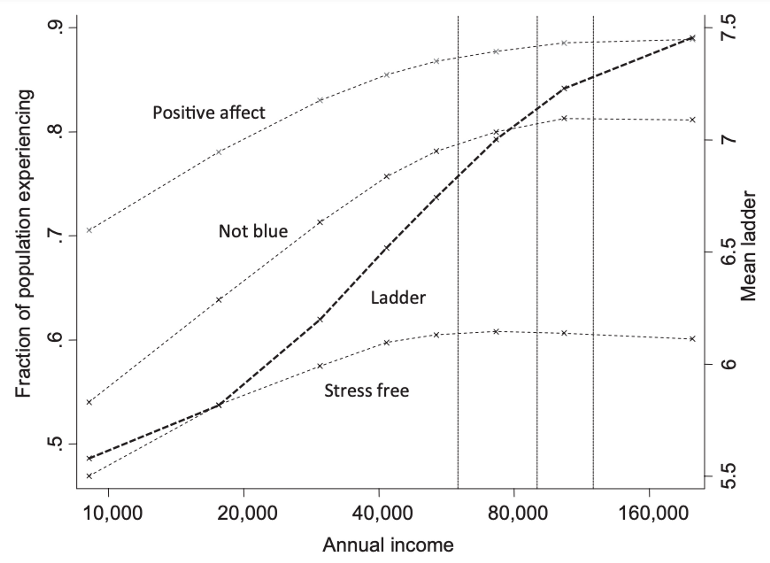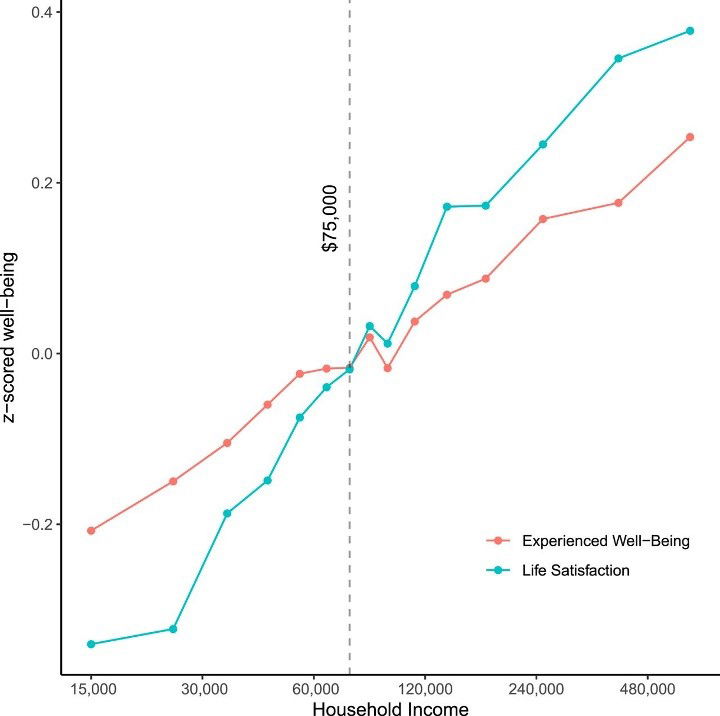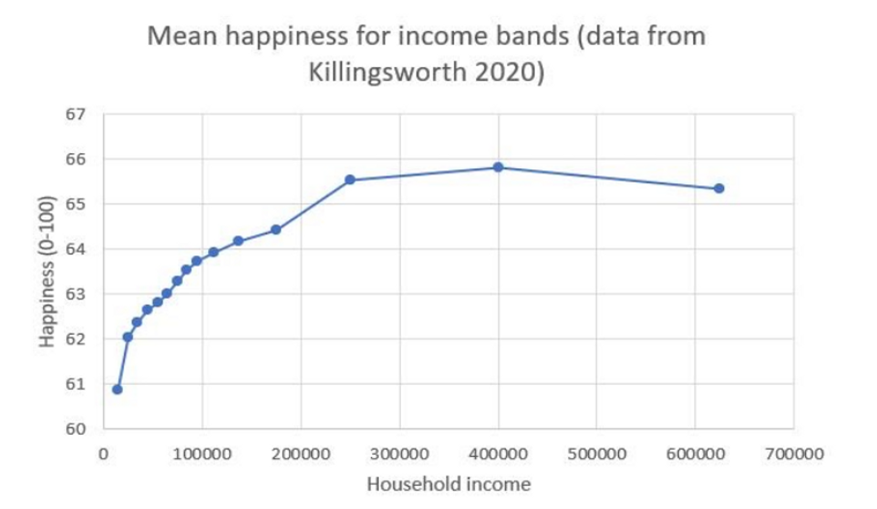Is happiness in money or money a way to be happy?

We often hear a lot of people if they talk about happiness, they come up with the mentioned money with it, for example, if you stop a passerby and ask him to name three things that bring him happiness, most likely money will be among them, is it really that money and happiness are interconnected? And that money really brings happiness?
Let's consider this interesting investigation of Purdue Andrew Gibb University's Nature Human Behavior journal, trying to answer the question 'Is the relationship always direct between money and happiness?'". It is stated that some studies show that money can bring happiness and increase it also under certain circumstances, but the main factor in the impact of money on happiness is how this money is spent.
In a recent study, more than 1,000 students graduating from the University of British Columbia completed an assessment that measures whether they tend to estimate time on money or money over time. The majority of students reported prioritizing time, but nearly 40% of students reported prioritizing money.
In 2010, Kahneman and Deton's study examined the relationship between income, emotional well-being, and overall life assessment. Kahneman and Deton's study was based on a survey of 450,000 Americans that included questions about emotional well-being, life satisfaction, and family income. After examining the data, they concluded that happiness essentially remains unchanged once household income exceeds $75,000 annually (equivalent to 23,484 riyals per month), although the overall assessment of life continues to improve. The main conclusion is that an income of over $75,000 per year and equivalent to 23,484 riyals per month buys life satisfaction, but not happiness.

On the negative, Killingsworth's recent study leverages technology to review the relationship between income and happiness. The new study used a smartphone app to periodically ask a large sample of people how they felt throughout the day on a nonstop scale from' veritably bad' to' veritably good'. By discrepancy, Kahneman and Deton's study asked people to flashback how they felt in the history. As Killingsworth points out, the methodology used in Kahneman and Deton's study is prone to memory errors and impulses in judgment' and unlike their study, Killingsworth set up that happiness and life satisfaction continue to increase with household income, indeed after income exceeds$75,000 annually (23,484 riyals per month).

Does this mean that money makes a huge difference in a person's happiness? Not so fast. Note that the Killingsworth graph uses the X-axis of income (echoing Kahneman and Deton) and uses the y-axis of z-scores, a measure of standard deviation that would have no intuitive meaning for anyone unfamiliar with statistics. Here are the data of well-being experienced but painted using different axes.

Conclusion:
The Killingsworth study developed the state of our knowledge about the link between money and happiness through the use of intelligent research design. The new data suggest that increases in happiness do not stop after an individual reaches an income of $75,000 per year which is equivalent to 23,484 riyals per month. Instead, the increases continue, possibly reaching the stabilization stage later. However, this new vision does not significantly change the conclusions drawn after the 2010 study of Kahneman and Deton. Chasing ever-increasing amounts seems to be an ineffective way to find happiness for ourselves. On the other hand, donating to effective charities is a great way to make others feel happy. Those of us who live in high-income countries have an exciting opportunity to dramatically improve the lives of others by pledging to donate 10% of our income throughout our careers. Better yet, we may find ourselves happier while doing so.
References:
https://www.alukah.net/culture/0/130297/هل-السعادة-في-المال-أم-المال-طريق-إلى-السعادة؟/
https://aawsat.com/home/article/2172672/هل-المال-يجلب-السعادة؟-دراسة-جديدة-تحسم-الجدل
https://www.aljazeera.net/amp/blogs/2017/1/22/هل-تشترى-السعادة-بالمال
Kahneman and Dayton studies
The Killingsworth Study
https://www.pnas.org/doi/10.1073/pnas.2016976118
Prepared by:
Noura ALFulij
Lama alaqeel